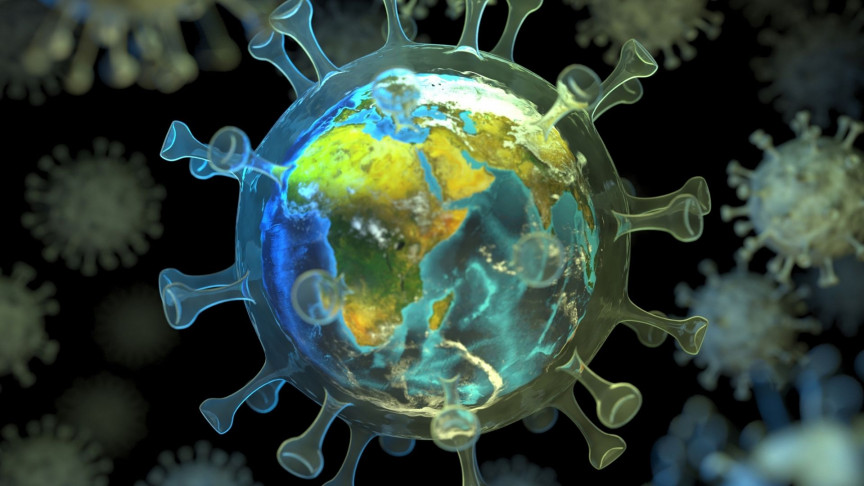This post may refer to COVID-19
To access official information about the coronavirus, access CDC - Centers for Disease Control and Prevention.

interestingengineering.com
COVID-19 Mutations Could Make Vaccines Ineffective in a Year or Less
Epidemiologists, virologists and infectious disease specialists from 28 countries have delivered a stark warning. Learn about the survey here.
Health
77 epidemiologists and virologists from 28 countries have delivered a stark warning on Tuesday, stating the world has a year or less to vaccinate enough people globally to get COVID-19 under control and protect people, or else the coronavirus could mutate beyond the power of our current set of vaccines, according to a press release by Oxfam International.
By not making sure all countries have sufficient COVID-19 vaccines, the countries are risking coronavirus mutating beyond the power of our current vaccines, the experts said.
The survey shows the urgency of vaccinating all countries
In a poll carried out by The People's Vaccine Alliance, a coalition of over 50 organizations, two-thirds of epidemiologists and virologists from the world's leading academic institutions said that COVID-19 could mutate to the extent that the majority of first-generation vaccines developed are rendered ineffective within a year's time. The expected time-frame was nine months or less for one-third of the respondents.
With the estimation of only 10 percent of people in the world's poorest countries being vaccinated in the next year, nearly 90 percent of the epidemiologists who took part in the poll voiced their concerns about the slow vaccination progress in underdeveloped countries.
"The more the virus circulates, the more likely it is that mutations and variants will emerge, which could make our current vaccines ineffective," said Devi Sridhar, Professor of Global Public Health at the University of Edinburgh. "At the same time, poor countries are being left behind without vaccines and basic medical supplies like oxygen."
It is a fact that viruses mutate all the time without the mutation changing the core structure of the virus in most cases. However, that can happen occasionally with multiple mutations amounting to a new viral strain that makes it more contagious and deadly. We've seen this happen with different COVID-19 variants, such as the 501.V2 variant first discovered in South Africa and the B.117 variant in Britain.
While vaccine makers are trying to modify the current shots to target these strains, there is no guarantee, and even in the case of another vaccine developed in record time, it would take a considerable time to vaccinate enough people to prevent another outbreak.
In order to accelerate vaccine efforts, vaccine patents could be shared with developing countries, and while South Africa and India have made a request to the World Trade Organization to waive COVID-19 related patent protections until the world reaches herd immunity, an agreement wasn't reached.
The survey further emphasizes the risk of not vaccinating all people in all countries brings. "As we’ve learned, viruses don’t care about borders. We have to vaccinate as many people as possible, everywhere in the world, as quickly as possible. Why wait and watch instead of getting ahead of this?" stated Sridhar.
























































